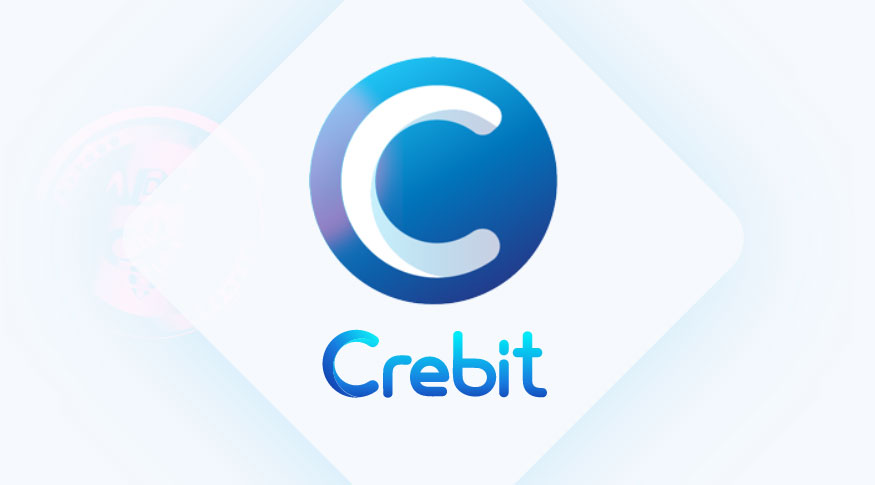Blockchain provides clear opportunities for peer-to-peer (P2P) lending platforms. This distributed ledger technology (DLT) prioritizes data transparency, time-stamped transaction records, and smart contract verifications. As hypes around cryptocurrencies continue, the integration of digital assets into financial loan market proves significant. Financial consultants like KPMG offers SMEs debt advisory services to help them obtain finance from sources including P2P lenders.
There is a changing debt landscape with a variety of providers ranging from banks to P2P lenders, which opens up a far wider financial navigation for SMEs. Adopting blockchain and DLT for a P2P lending system can facilitate capital mobilization within the financial system through flat-out transfer of monetary values from parties unrestricted by barriers-to-entry. Thus, the potential for P2P lending in support of free international financial flows remains vastly untapped.
Ipsos MORI veracity Index shows 75% of investors complain about banks data provision, but rather P2P investment groups maintain a credible and transparent operation. A P2P lending system built on DLT guarantees a time-stamped and permanent record of debts and credits, enforced by smart contract for validation and verification of user identities by cryptographic signatures. A flat layout of lending processes, agreements and transaction records minimizes credit, market, and operational risks.
Crebit is a blockchain-empowered network provider that offers global microfinance lending collateralized by crypto assets, based on an artificial intelligence credit scoring system. This microfinancing solution leverages blockchain technology to finance through top cryptocurrencies such as Bitcoin, Ethereum and Ripple against up to 80% of investors collateralized crypto assets value. Crebit leads the way into crypto financing by building P2P lending agreements on smart contracts in the secured and decentralized Ethereum blockchain. The platform matches funding gaps for crypto holders, traders as well as multiple exchanges and transaction solutions. Crebit aims to provide businesses and individuals a decentralized credit scoring database for innovative and trustless transaction solutions unrestricted by geographical boundaries.
Pioneers in the digital loan market, such as Micromoney, Salt, and Ziddu, managed to raise sizeable capital from both corporate and private investors. With an upheaving growth in entrepreneurial opportunities favored in South Asia regions and major developing countries, venture capitalists and professional investors have encompassed focuses on mass funding for SMEs and individual investors may as well anticipate a lending opportunity to capture these growing trends through modest funding on P2P lending platforms.
Crebit is one of the few projects to bring blockchain and artificial intelligence to commercial applications in a product-oriented way. It treats every user equally on the basis of real transactional data, establishes a scientific and standardized credit rating, and displays the characteristics of blockchain equality and democracy in the field of credit investigation. With the development of blockchain technology and digital asset market, platforms like Crebit aim to inevitably replace traditional mobile payment products such as Paypal, Alipay, and WeChat in the future and will no longer be restricted by geographical areas, enabling global involvement in the digital asset financial field.


















